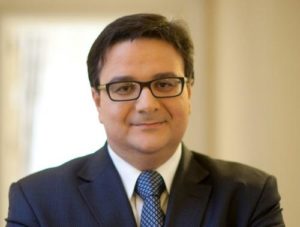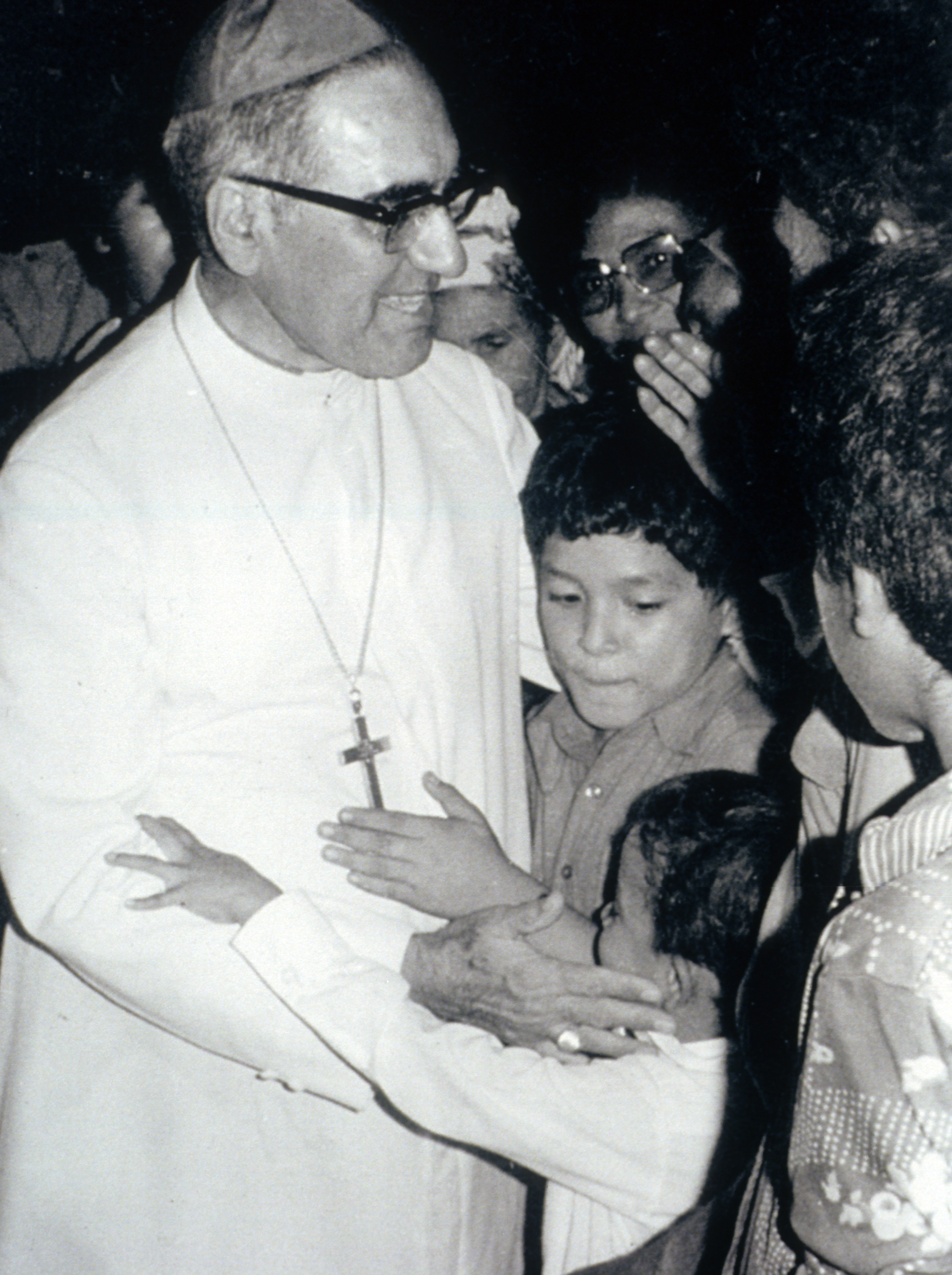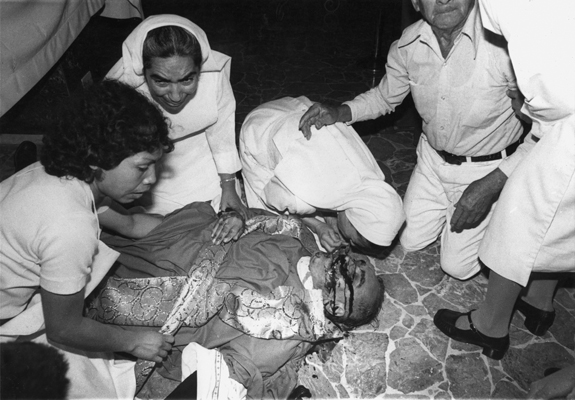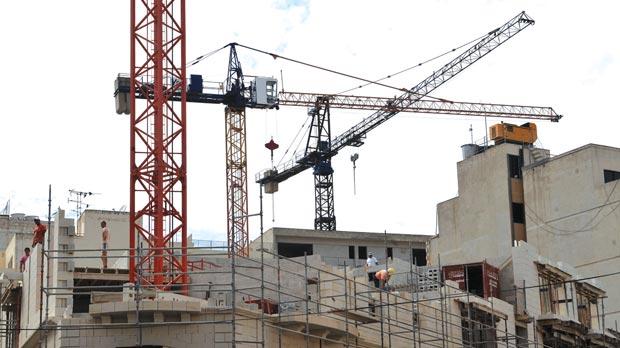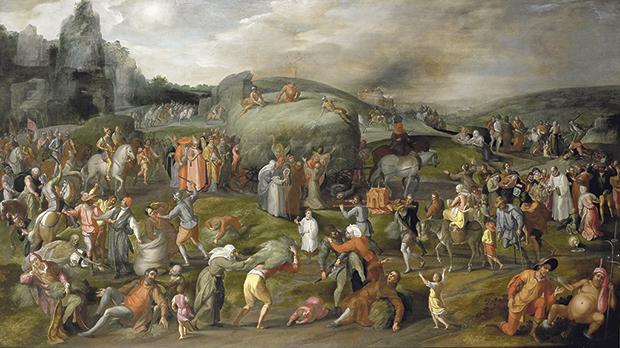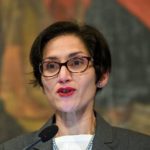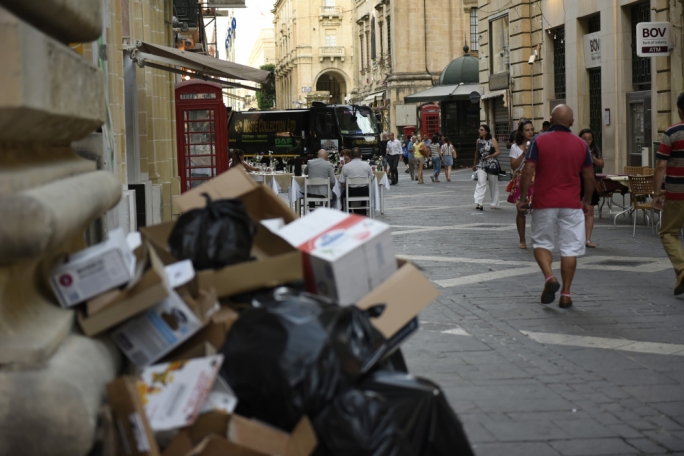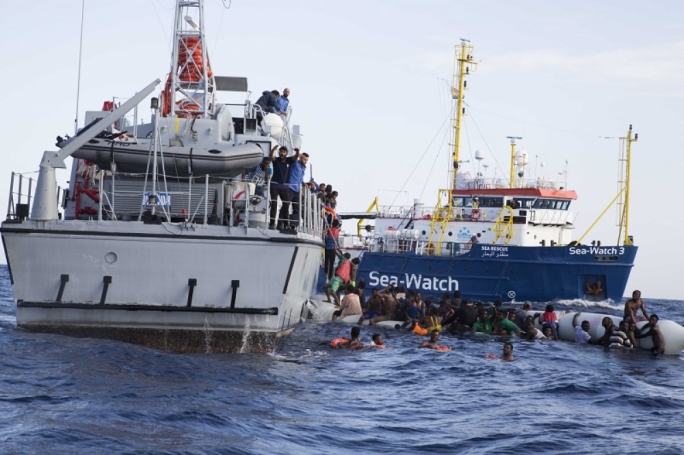
48 NGOs, including Catholic Voices Malta, have voiced their heartfelt disappointment at the fact that no action has yet been taken on the stranded Sea-Watch vessel, with 49 migrants having been abandoned for 18 days. As a united front we have called on the Maltese government to put people before politics and allow the two stranded rescue vessels with 49 migrants onboard to be given shelter in Malta. As NGOs we met in front of Castille and asked for meeting with PM.
A spokesperson for Sea Watch International, the migrant rescue NGO, said earlier in the day that the psychological wellbeing of the migrants on board its vessel is deteriorating. The migrants have been on board the vessel since 22 December.
As NGOs we stood outside the Office of the Prim Minister at Castille and read our message to the Prime Minister, saying that this was indeed a European problem that requires a European solution but that this same argument cannot be employed in abdication of the nation’s responsibility to save lives.
“The duty is not just a legal one but a moral one. What is more important here? To make a political point or to save lives?”
“This is nothing short of tragic and shameful. It can only mean that we have completely lost our humanity – as a people and a union of States that supposedly upholds the values of solidarity, respect for human rights and human dignity,” Integra Foundation director Maria Pisani said on behalf of all the organisations.
Representatives of the organisation then entered the Prime Minister’s Office in Castille and presented the statement and the request for a meeting with the Prime Minister to one of his spokespersons. They were assured that an answer to their request for a meeting would be given in the coming hours.
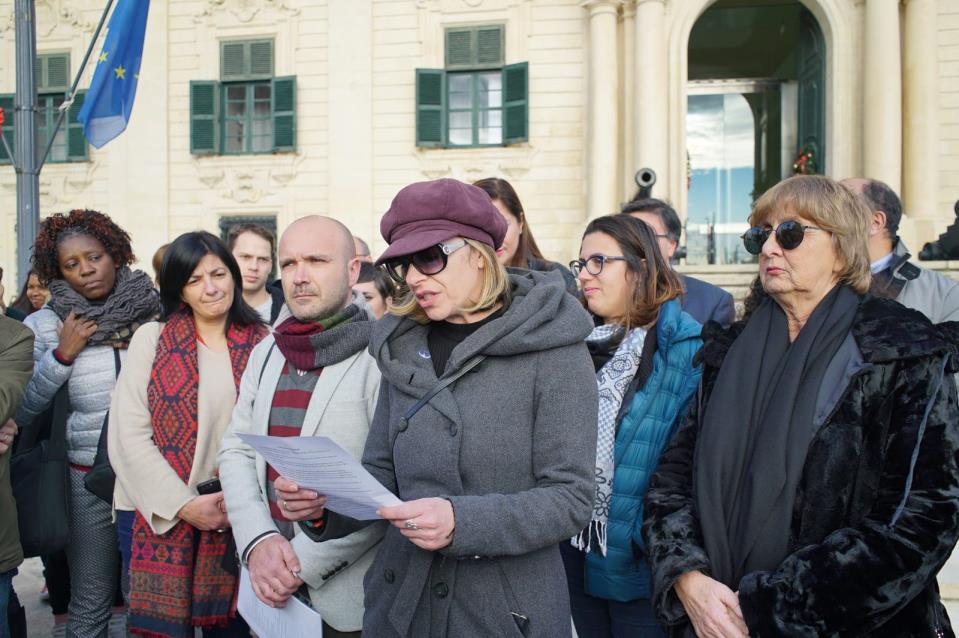
Pope Francis on Sunday issued an appeal for effective solidarity by European governments with 49 migrants stranded on two ships which are sheltering from rough seas off Malta. In remarks following the Angelus at St Peter’s Square, Pope Francis said: “49 persons rescued from the Mediterranean Sea have been aboard two NGO ships for several days, seeking harbour for disembarkation. I urgently appeal to European leaders to show concrete solidarity with these people.”
The Maltese Bishops Conference i.e. Archbishop Charles Scicluna, Auxiliary Bishop Joseph Galea Curmi and Gozo Bishop Mario Grech, wrote to the Commission of the Bishops’ Conferences of the European Union, urging European bishops to insist with their governments on action to help these stranded migrants.
The letter said, “Ironically, as we Catholics were celebrating the birth of Our Lord who was rejected at birth, a group of 32 migrants was refused shelter by Europe after being rescued at sea off Libya. They have now been out at sea on a rescue vessel for no less than 13 days, only being allowed to enter Maltese territorial waters yesterday, Wednesday 2nd January, to shelter from a storm.
“A second group of 17 migrants rescued by another NGO vessel has been stranded at sea for five days,” the bishops wrote. “One can only imagine the added suffering endured by those men, women and children, whose only ‘fault’ is that of fleeing a cruel environment in hope for a better life, one which respects the human dignity we Catholics and Europeans strongly promote as one of our fundamental values. This situation, which is now in desperate need of action, has prompted us Maltese Bishops to repeatedly appeal to the leaders of our country to express solidarity in a tangible way.”
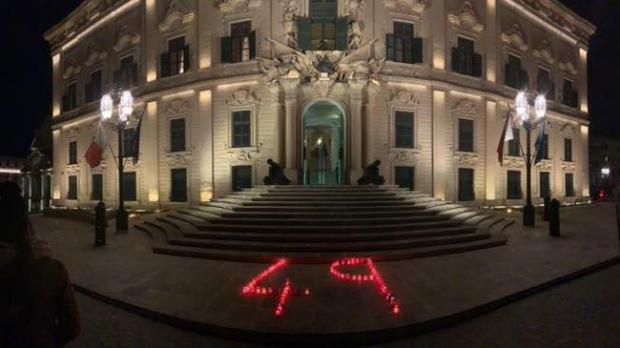
THE STATEMENT BY THE 48 NGOs READS
PEOPLE ARE MORE IMPORTANT
We are appalled beyond words that, after 18 days of negotiations, 49 men, women and children remain stuck on a boat within sight of the Maltese shore.
In spite of countless calls for solidarity, European Member States have not managed to find a diplomatic solution to the current impasse.
This is nothing short of tragic and shameful. It can only mean that we have completely lost our humanity – as a people and a union of states that supposedly upholds the values of solidarity, respect for human rights and human dignity.
We acknowledge the complex issues this situation raises, and agree that it is a European challenge requiring a European solution. However, this cannot be an excuse to abdicate our own responsibility, as individuals and as a nation, to save lives at any cost. The duty to save lives is not only a legal but also a moral imperative which can never be subjected to political conditions, such as the availability of concrete offers of relocation or the fear of creating a precedent.
At this point, the question we must answer is simple: what is more important, scoring political points, or saving lives?
For us, the undersigned organisations, there can be only one answer: people are more important.
Today we are here to take a stand for life and dignity. We call on Malta to prioritize life and open its doors today.
IN-NIES HUMA IKTAR IMPORTANTI
Ninsabu ixxukjati u bla kliem li, wara 18 il-ġurnata ta’ negozzjati, 49 raġel, mara u tfal għadhom miżmuma fuq dagħjsa ftit il-bogħod mill-art ta’ Malta.
Minkejja talbiet numerużi favur is-solidarjeta’, il-membri ta’ l-Unjoni Ewropea għadhom ma rnexxilhomx isibu soluzzjoni diplomatika għall-impass preżenti.
Din hi sitwazzjoni traġika u tal-mistħija. Ifisser b’mod ċar li tlifna kompletament l-umanita’ tagħna – bħala poplu u bħala Unjoni ta’ stati li suppost jiddefendu l-valuri tas-solidarjeta’, tar-rispett tad-drittijiet umani u tad-dinjita’ umana.
Nifhmu li din is-sitwazzjoni tqajjem kwistjonijiet kumplessi, u naqblu li hija sfida Ewropea li tirrikjedi soluzzjoni Ewropea. Madankollu, ma nistgħux nużaw dawn l-argumenti bħala skuża biex nabdikaw ir-responsabilta’ tagħna, bħala individwi u bħala nazzjon, li nsalvaw il-ħajja akkost ta’ kollox. Id-dmir li nsalvaw il-ħajja m’hijiex biss legali imma wkoll dmir morali li qatt ma jista’ jkun sottomess għall-kondizzjonijiet politiċi, bħad-disponibilita ta’ offerti konkreti ta’ rilokazzjoni jew il-biża li jinħoloq preċedent.
F’dan il-punt, il-mistoqsija li rridu nirrispondu hija din: X’inhu l-iktar importanti, li nagħmlu punt politiku jew insalvaw il-ħajja?
Għalina, l-organizzazzjonijiet firmatarji, hemm biss risposta waħda possibli: in-nies huma iktar importanti.
Illum qegħdin hawn biex nieħdu pożizzjoni favur il-ħajja u d-dinjita’. Nagħmlu appell lil Malta biex nagħtu priorita’ lill-ħajja u niftħu l-bibien tagħna illum.
08/01/2019
This statement is being issued by: 1. aditus foundation 2. African Media Association Malta 3. agara foundation 4. Allejanza kontra il-Faqar 5. Allied Rainbow Communities 6. Caritas Malta 7. Catholic Voices 8. Christian Life Community (CLC) Malta 9. Department of Gender Studies, University of Malta 10. Department for Inclusion and Access to Learning, University of Malta 11. Department of Social Policy and Social Work, University of Malta 12. Department of Youth and Community Studies, University of Malta 13. Drachma LGBT 14. Drachma Parents 15. Fondazzjoni Ejjew Ghandi 16. Integra Foundation 17. International Association for Refugees 18. Isles of the Left 19. Jesuit Refugee Service Malta 20. Kopin 21. Kummissjoni Gustizzja u Paci 22. Kunsill Studenti Universitarji 23. LGBTI+ Gozo 24. Malta Catholic Youth Network 25. Malta Chamber of Psychologists 26. Malta Emigrants’ Commission 27. Malta LGBTIQ Rights Movement 28. Maltese Association of Social Workers (MASW) 29. Moviment Graffiti 30. Migrants Women’s Association Malta (MWAM) 31. Office of the Dean of the Faculty of Social Wellbeing, University of Malta 32. Paulo Freire Institute 33. Platform of Human Rights Organisations in Malta 34. PRISMS 35. Richmond Foundation 36. Salesians of Don Bosco 37. Segretarjat Assistenza Socjali tal-Azzjoni Kattolika Malta 38. Society of Jesus in Malta 39. Solidarity with Migrants Group 40. SOS Malta 41. Spark 15 42. St Jeanne Antide Foundation 43. Studenti Harsien Socjali (SHS) 44. The Critical Institute 45. Troupe 18:45 46. University of Malta Chaplaincy 47. Victim Support Malta 48. Women’s Rights Foundation


